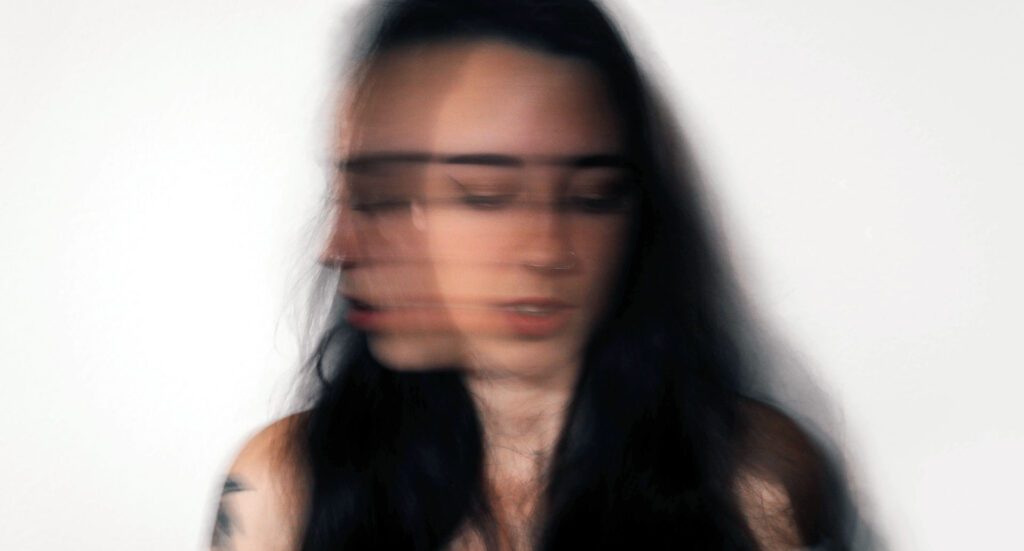Dizziness. What causes it?
Based on the article by Cornerstone Physiotherapy1
Please visit hearing and balance to understand the anatomy behind all this.
These causes of dizziness are not listed in order of commonality.
1. Postural (Orthostatic)Hypotension
A prolonged drop in systolic blood pressure of at least 20 mm Hg or a drop in diastolic blood pressure of at least 10 mm Hg is known as orthostatic hypotension, and it often occurs during the first three minutes of standing or head-up tilting on a tilt table2. Postural hypotension gives a sensation of dizziness.
2. Circulatory Problems
Dizziness can be a symptom of conditions that impair blood flow throughout the body or overall cardiovascular health. Reduced red blood cell counts, or anemia, hormonal fluctuations related to menstruation and menopause, cardiac arrhythmias, blood clots, and dehydration are among the common reasons.
3. Neurological Conditions
Dizziness can be a result of damage to the Central Nervous System (the brain and or spinal cord), the most common being:
Neurodegeneration – e.g. – Multiple sclerosis, Parkinson’s Disease
Brain damage – caused by stroke – sudden loss of blood flow to the brainstem causing dizziness and vertigo or a space occupying lesion such as an acoustic neuroma.
4. Psychological Illness – Stress, Anxiety, Depression
Depression and anxiety are sometimes misunderstood as merely psychological concerns, despite the fact that they have substantial physical consequences for how our bodies operate.
A panic attack, excessive stress (job, family, financial, health), or unmanaged depression and anxiety can cause abnormal nervous system activity and dizziness.
5. Cervicogenic Dizziness
Damage to your cervical spine (neck) such as sprains/strains, acute injuries and degenerative disc disease can result in disruption to the joints, muscles and nerves. This can send abnormal neural messages to the balance centres of your brain about proprioception (where your body is in space in relation to other parts of your body), which can lead to dizziness.
Common causes are concussion, whiplash, inflammatory arthritis (eg rheumatoid arthritis), chronic neck pain.
6. Migraines
Most people who have migraines say that they become dizzy during their episodes. Vestibular migraine is the more specific diagnosis for migraines that are frequently accompanied by dizziness.
7. Medication
Side effects of certain medications can cause dizziness. This can be temporary i.e. stop when the medication is stopped. Some medications can cause permanent damage.
Examples are:
Antihypertensive medications – these cause temporary dizziness, by inducing postural hypotension.
Aminoglycoside antibiotics such as gentamycin, streptomycin – can permanently damage the inner ear (ototoxic effect), dosage is carefully titrated to minimise the risk of this.
Chemotherapy (anti-cancer medication) – some can have a side effect of dizziness which can be permanent.
8. Hypoglycaemia
A drop in blood sugar levels can cause a sensation of dizziness, examples are poor diabetic control, excess alcohol, excess exercise with poor hydration and starvation.
An example of a serious (but rare) cause is an insulinoma – a tumour in the pancreas that secretes excess insulin leading to low blood sugar3.
9. Breathing Pattern Disorders
Breathing involves the exchange of oxygen and carbon dioxide, with hyperventilation leading to rapid breathing and altered carbon dioxide levels. Dizziness is one of the symptoms of breathing pattern disorder.
10. Vestibular Dysfunction
The vestibular system comprises of the inner ear, the vestibular division of the vestibulocochlear cranial nerve and the brain. This system controls your balance – where you head is positioned and motion. Disease or damage to this system results in dizziness1.
These disorders can be divided into central vestibular disorders and peripheral vestibular disorders; The vestibular components of the brain and brainstem together are known as the central vestibular system. The elements of the inner ear plus the nerves and pathways linking them to the central vestibular system constitute the peripheral vestibular system4.
Central Vestibular Disorders4: Migraine, Stroke, Tumour, Encephalitis (brain bacterial or viral infection)
Peripheral Vestibular Disorders4: Vestibular Neuritis5, Labyrinthitis5, Benign Paroxysmal Positional Vertigo (BPPV)6, Ménière’s Disease7.
Credible Source of Information:
REFERENCES
- Cornerstone Physiotherapy – The 10 Most Common Causes of Dizziness
- Patient.info – Hypotension
- Patient.info – Hypoglycaemia
- Vestibular Disorder Association (VEDA) – Causes of Dizziness
- Patient.info – Vestibular neurititis and Labyrinthritis
- Patient.info – Benign Paroxysmal Postitional Vertigo
- Vestibular Disorder Association (VEDA) – Ménière’s Disease
- 12 Causes of Dizziness -Fauquier ENT YouTube Video
Long Covid The Answers
Dizziness symptoms include a sensation of spinning or lightheadedness, imbalance, and unsteadiness. Individuals may experience vertigo, faintness, blurred vision, or nausea. It can be caused by issues in the inner ear, dehydration, low blood pressure, or medication side effects, and may affect daily activities and mobility..
